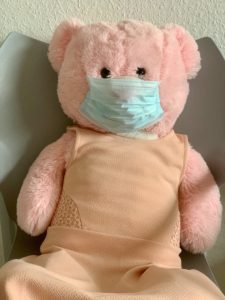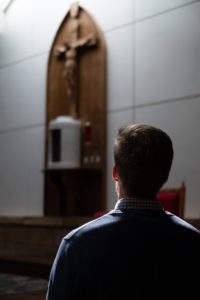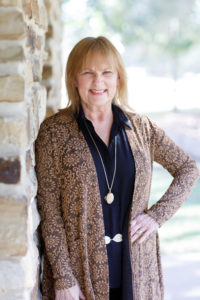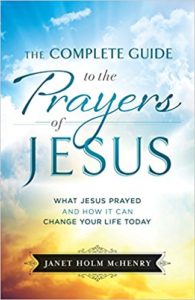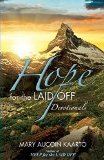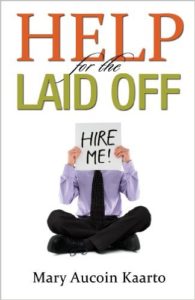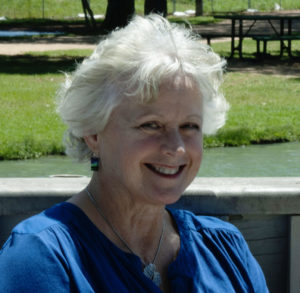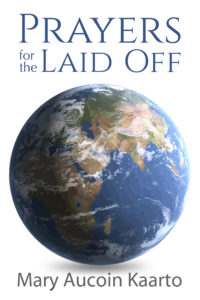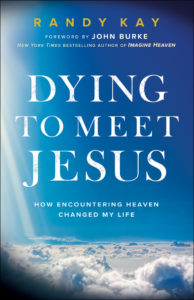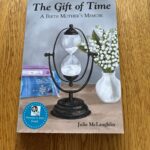When I was a youth, I remember often singing a popular song in church called, “They Will Know We Are Christians by Our Love.” It was a lovely reminder of the words of Jesus and often repeated by the apostles John and Paul that, as Christians, we are to share God’s love, and through our love for others we will shine a light in this dark world.
During the last five months when the world has been in crisis and people are hurting, we as Christians have had a unique opportunity to step into the gap of fear and uncertainty to share Christ’s love. And many have done that. Christian churches and ministries around the country have poured out God’s love by distributing food and financial help to those who have been adversely impacted by the virus. Some such as Samaritan’s Purse even set up tents in New York City and Italy to provide medical assistance when the pandemic first raged uncontrollably.
A Guiding Light Through Covid
These are difficult days in our country and in our world, and as people look for help and hope to guide them through the fear and uncertainty of unprecedented times, we as Christians have an opportunity to be salt and light to the world and lead people to Christ through our love and concern.
And in so many ways Christians are doing just that.
But on one issue, Christians may need to take a second look about whether we are acting out of love or missing an opportunity to demonstrate that love to protect the vulnerable. A controversy has arisen that seems to have diverted our attention from the more important mission Jesus gave us to love our neighbors. And that is about whether or not to wear masks.What should our response be on this issue? What should guide us?
We all have our preferences. We have our rights. But as those who live in this world but are not of this world, what should be our guiding light? Are we taking advantage of the opportunity to provide guidance through what God has taught us through the scriptures? Are we ourselves looking for guidance from the scriptures? It’s all right there in God’s Word – our prescription for how to work through confusing and troubling times and handle disputes. For me personally, it’s the only thing that helps me discern the right direction in difficult times.
Getting Direction from Scripture
So, if you will give me the privilege of sharing some scriptures with you, let’s look at some of them together to try to get perspective.
When disputes come about, Romans 12:10 tells us to “Honor one another above yourselves.” Likewise, Philippians 2:3-4 tells us, “In humility consider others better than yourselves. Each of you should look not only to your own interests, but also to the interests of others.” And Colossians 3:12-13 says, “as God’s chosen people, holy and dearly loved, clothe yourselves with compassion, kindness, humility, gentleness, and patience. Bear with each other . . . .”
As we consider those who are fearful about this virus, shouldn’t we as Christians take their concerns seriously? Even if you are one who believes the threat is not as great as the world asserts, Romans 15:1-2 says, “We who are strong ought to bear with the failings of the weak and not to please ourselves. Each of us should please his neighbor for his good, to build him up.” For those who feel safer when masks are worn—even if it seems unnecessary to you, why not go the extra mile to show them love and concern? We have an opportunity to really be the church, to be the body of Christ, to speak with one heart – a heart of love to protect the vulnerable and show the world the love of Christ.
“If it is possible,” says Romans 12:18, “as far as it depends on you, live at peace with everyone.” Romans 14:29 says, “Let us therefore make every effort to do what leads to peace and mutual edification.”
Paul sums up his plea for unity with these words in Romans 15:5-7. “May the God who gives endurance and encouragement give you a spirit of unity among yourselves as you follow Christ Jesus, so that with one heart and mouth you may glorify the God and Father of our Lord Jesus Christ. Accept one another, then, just as Christ accepted you, in order to bring praise to God.”
Bringing Us Together or Tearing Us Apart
Isn’t this what we all want as Christians? To bring praise and glory to God? Is our controversy over masks doing that? Or is it pulling us apart and giving the world a fractured picture of who we are that does not glorify His name?
Over and over again we are reminded in scripture that LOVE is what God asks of us. As right as we might be in other areas of our Christian life, LOVE is the most important. “If I have the gift of prophecy and all knowledge and if I have a faith that moves mountains, but have not love, I am nothing.” (1 Cor: 13:2.)
It’s been a rough few months with lots of change, discomfort and anxiety. Nobody knows what’s really going on. There are promising cures being discussed, but until the medical community comes together on them, there is not a recognized solution we can all rely on. It’s confusing. Some have doubts and questions about what’s happening in our culture and what impact this can have. Legitimate questions abound. But which of us truly has the answer? “For by the grace given to me,” Paul says in Romans 12:3, “I say to every one of you: Do not think of yourself more highly than you ought, but rather think of yourself with sober judgement in accordance with the measure of faith God has given you . . . in Christ we who are many form one body . . . .”
Having a humble attitude, looking at others as better than ourselves, protecting the weak and vulnerable, loving others as ourselves, and “living in harmony with one another” is a good way to start. While we need to keep our eyes open and be “wise as serpents”, we also need to be “harmless as doves” (Matthew 10:16) so we can give off that sweet aroma of Jesus that draws people to Him. (Ephesians 5:2)
There are many important issues we as Christians need to address in our culture where we need to take a stand, and we need to be careful not to waste the capital of our credibility and influence on something that boils down to a matter of preference. We are, after all, told in scripture to “submit . . . to the governing authorities.” (Romans 12:1). If we are to protest governmental decisions and actions, let’s choose our battles and fight for God’s priorities, not our own. This period of uneasiness in our world is a time for us to join together to extend love to our communities, to offer hope, and show concern and compassion.
Perhaps hardest of all, even if we can accept the above instructions from our Lord, is to do what Paul tells us to do in Philippians 2:14-16, but it’s also the most rewarding. “Do everything without complaining or arguing, so that you may become blameless and pure, children of God without fault in a crooked and depraved generation, in which you shine like stars in the universe as you hold out the word of life—in order that I may boast on the day of Christ . . .”
And in the midst of all this, we need to support our pastors who are trying to do a juggling act by balancing the concerns of everyone in their congregations. Let us “live in harmony with one another,” says Romans 12:16, and we can start by doing this in our very own churches.
“Dear children, let us not love with words or tongue but with actions and in truth.” 1 John 3:18
“Walk in love, as Christ also has loved us and given Himself for us, an offering and a sacrifice to God for a sweet-smelling aroma.” (Ephesians 5:2)
Do you remember this song?
They Will Know We Are Christians By Our Love.
You can listen here.
